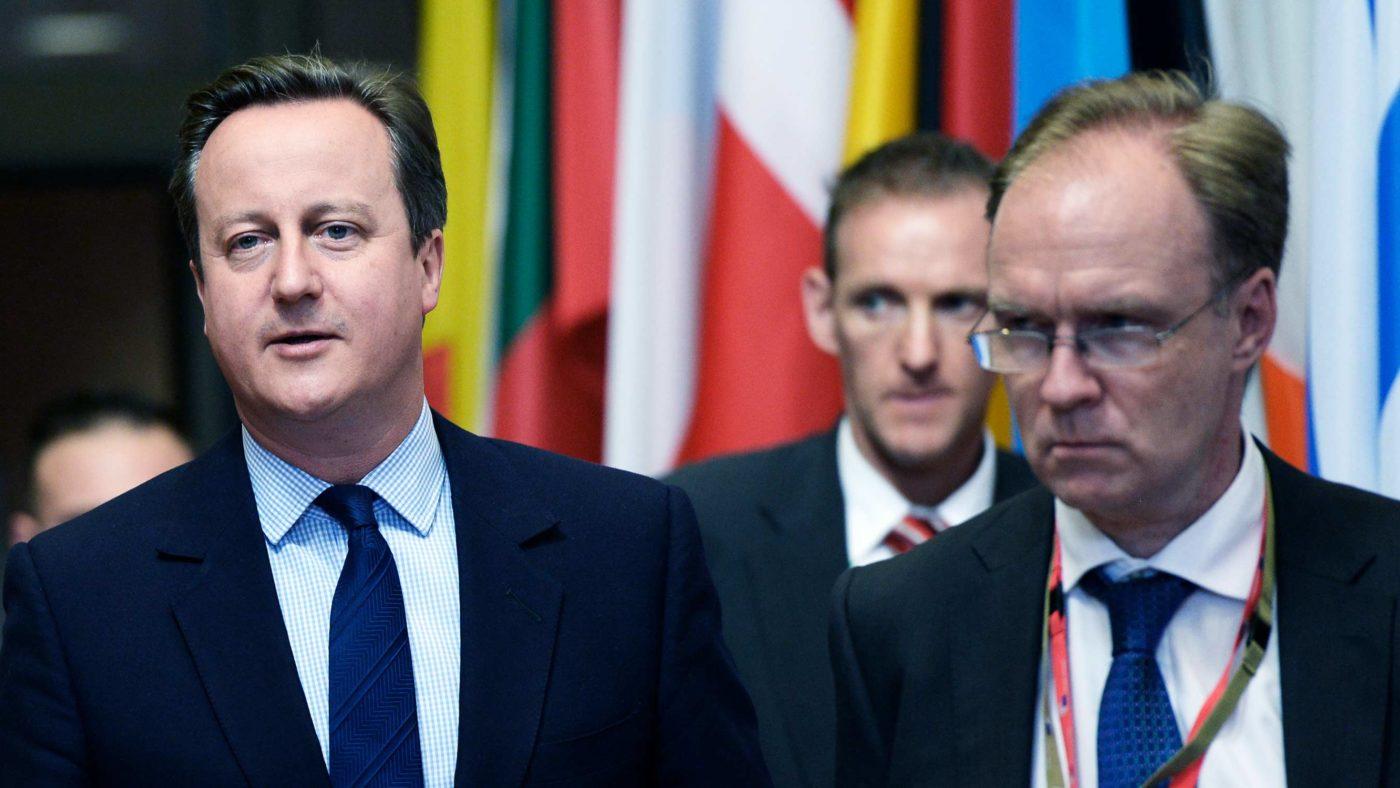We had to wait less than three days to get the first big Brexit-related news story of 2017. Sir Ivan Rogers, the UK’s permanent representative to the EU, has decided to quit his post early – his original departure date was November. His surprise resignation comes shortly before the March 2017 deadline Prime Minister Theresa May has set herself for triggering the Article 50 EU exit mechanism.
While no further explanation for Sir Ivan’s move has been provided so far, his relations with some members of the Government are thought to have come under strain because of diverging views over the timeframe for negotiating a post-Brexit trade deal with the rest of the EU. Last month, the BBC revealed that Sir Ivan had told ministers that the view in other European capitals was that such a deal could take up to a decade to conclude.
Needless to say, the question everyone is now asking is what this all means for the upcoming Brexit negotiations between the UK and the rest of the EU.
Remainers are already describing Sir Ivan’s early resignation as a terrible omen. On the other hand, Leavers are rejoicing at the departure of someone they see as an overly cautious – not to say pessimistic – civil servant, whom some blame for the timidity of David Cameron’s original EU renegotiation.
To be sure, the timing of the decision is far from ideal. If the Government sticks to its original timeline for invoking Article 50, the Brexit talks will kick off at some point in the spring – once the other 27 EU member states agree on their own negotiating guidelines. This leaves limited time for finding a replacement and for the handover.
Having been in the post since November 2013, Sir Ivan undoubtedly knows the EU machinery in depth and is well connected in Brussels. So picking a successor in such a short period of time might prove rather challenging.
Nonetheless, we also need to put things into context. Permanent representatives, commonly known as “Ambassadors to the EU”, do play an important role in explaining their countries’ positions to their counterparts and reporting on the view from other member states. They also prepare the work of the Council of Ministers, where proposed EU laws are discussed and adopted.
But the reality is that Sir Ivan was never going to be the UK’s lead negotiator in the Brexit talks. This role will be reserved for the so-called “sherpas” of heads of state and government. Oliver Robbins, the Permanent Secretary at the new Department for Exiting the EU, will function as the sherpa for Theresa May.
Had Robbins resigned out of the blue instead, that would have been a completely different proposition – and a much bigger deal.
In other words, while Sir Ivan’s experience and knowledge would certainly have come in handy over the next few months, we should not exaggerate the possible consequences of his resignation for the Government’s negotiating strategy – let alone for the UK’s chances of securing a good deal.


